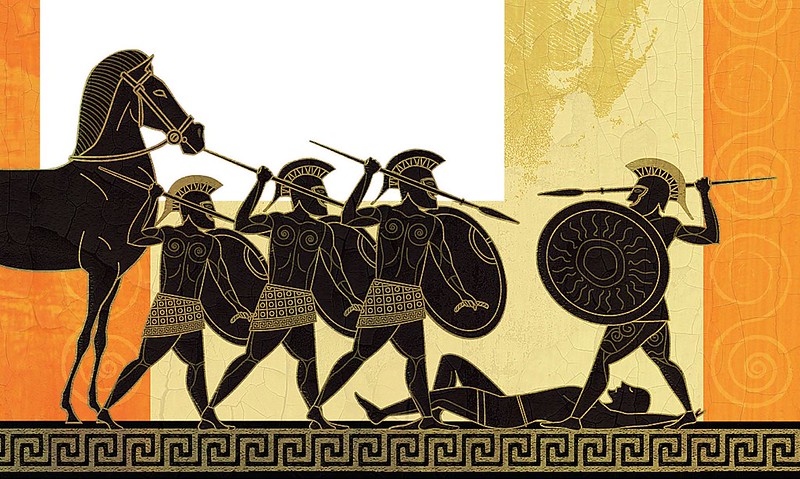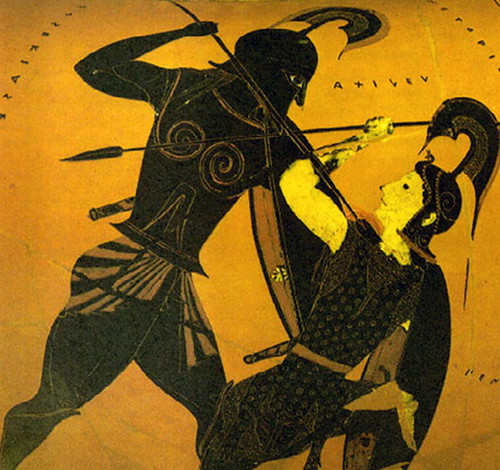
What If Jesus Addressed Congress?
Brian Zahnd
The cross is shock therapy for a world addicted to solving its problems through violence. The cross shocks us into the devastating realization that our system of violence murdered God! The things hidden from the foundation of the world have now been revealed. The cross shames our ancient foundation of violence. The cross strips naked the principalities and powers. The cross tears down the façade of glory that we use to hide the bodies of slain victims.
In the light of the cross, we are to realize that if what we have built on Cain’s foundation is capable of murdering the Son of God, then whole edifice needs to come down. In the light of the cross, our war anthems lose their luster. But this throws us into a crisis. What other alternatives are there? How else are we to arrange the world? The alternative is what Jesus is offering us when he told us that the kingdom of God is at hand. God’s way of arranging the world around love and forgiveness is within reach. If we only dare to reach out for it, we can have it. But we are so afraid. We’re not sure we can risk it. It’s so hard for us to let go of the sword and take the hand of the Crucified One. It’s so hard for us to really believe in Jesus.
The crowd never believes in Jesus. Only the little flock that accepts its vulnerability can believe in Jesus. If you tell those rushing to war that their hatred of enemies and their plan for the organized killing of enemies is evil, the crowd will hate you. War is sacred. It lies beyond critique. To critique it is blasphemy. The crowd hates blasphemy. The crowd wants to kill blasphemers. The crowd knows that the criticism of their violence is blasphemy because they know their cause is just. They believe it. And from their perspective their cause is just. They can prove it. Both sides can prove it. Always.
Achilles knew his cause was just and that it was perfectly legitimate to drag Hector’s body from his chariot in front of the gates of Troy in a show of grotesque triumphalism. It’s the same grotesque impulse that causes modern soldiers to pose for gruesome photos with the bodies of dead enemies. It’s literally the way of the world. But it’s not the way of the new world founded by Jesus. Jesus is not the warrior king the world is accustomed to. Jesus is not the Jewish Achilles. Jesus refused to be the violent Messiah Israel longed for. Jesus did not kill Pilate and drag the governor’s body behind his chariot. Jesus did not pose triumphantly over the dead bodies of slain Roman soldiers. Instead it was Jesus who hung naked on a tree after being put to death through a state-sponsored execution. Jesus founded his kingdom in solidarity with brutalized victims. This is the gospel, but it’s hard for us to believe in a Jesus who would rather die than kill his enemies. It’s harder yet to believe in a Jesus who calls us to take up our own cross, follow him, and be willing to die rather than kill our enemies.
Read more



